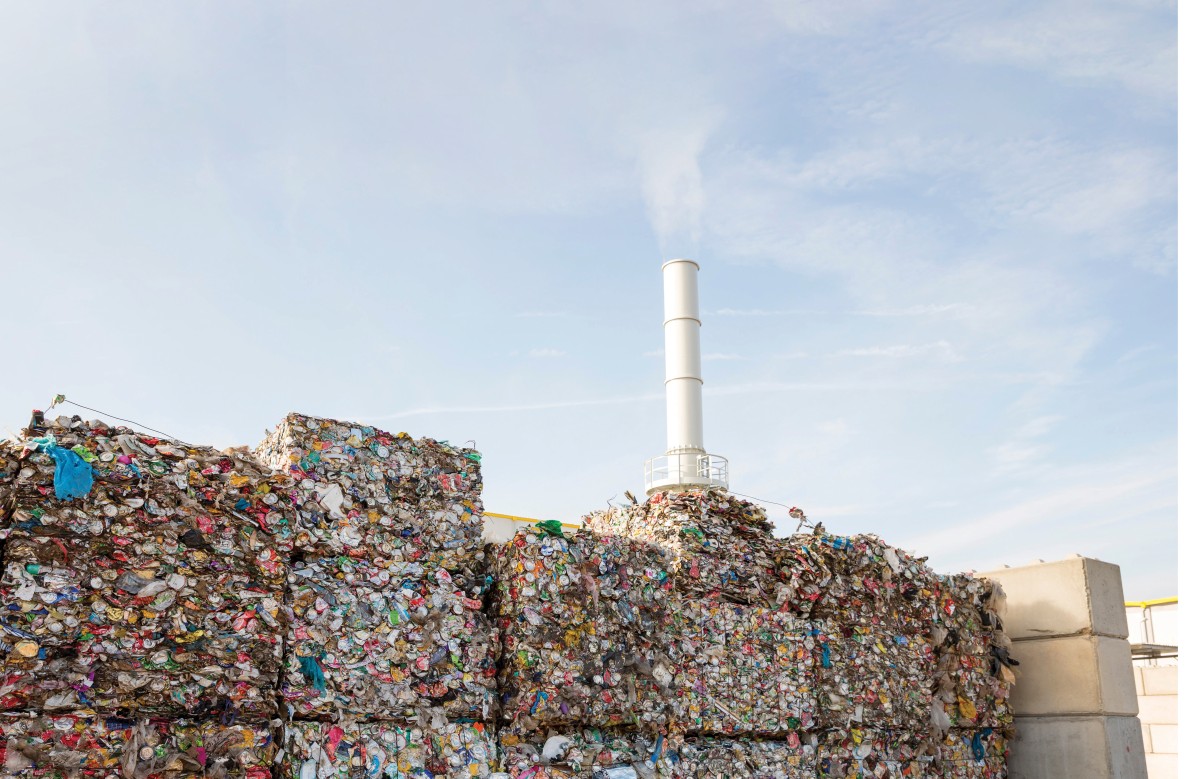International Donor Pledges, A State of Perpetual Dependence: A Mirage of Aid for Poor Countries
- TDS News
- D.O.C Supplements - Trending News
- World News
- April 16, 2024

In the world of international aid, pledges from wealthy nations to assist poorer countries are often touted as acts of generosity and compassion. However, beneath the surface lies a complex web of competing interests, political maneuvering, and hidden agendas that often leave the intended beneficiaries in a state of perpetual dependence.
Over the decades, hundreds of billions of dollars have been pledged to support impoverished nations. Yet, the reality is that much of this promised assistance never materializes into actual disbursements. Even when funds are allocated, they are often tied to monumental attachments and contingencies that serve the interests of the donor rather than the recipient.
One of the most glaring issues is the lack of transparency surrounding these pledges. Donors, eager to bolster their international image, are quick to make grand promises that grab headlines. However, the public rarely sees the fine print attached to these commitments.
For example, a first-world country may pledge millions of dollars in aid to an African nation, but what the public doesn’t know is that this aid often comes with strings attached. The assistance provided may be in the form of goods or services that must be sourced from the donor country, further entrenching the recipient nation’s reliance on external resources.
Furthermore, these funds are often channeled through specific channels and institutions chosen by the donor, limiting the recipient country’s ability to chart its own development path. Instead of empowering nations to build their own capacity and infrastructure, they become increasingly dependent on the whims of their benefactors.
This cycle of dependency perpetuates a system of inequality and exploitation, where wealthy nations maintain their dominance over poorer ones under the guise of assistance. While the intentions behind these pledges may be well-meaning, the reality is that they often serve to entrench existing power dynamics rather than alleviate poverty and promote sustainable development.
It’s time for a paradigm shift in international aid, one that prioritizes the autonomy and self-determination of recipient nations over the interests of donors. Until then, the mirage of aid will continue to deceive and disappoint those who need it most.








